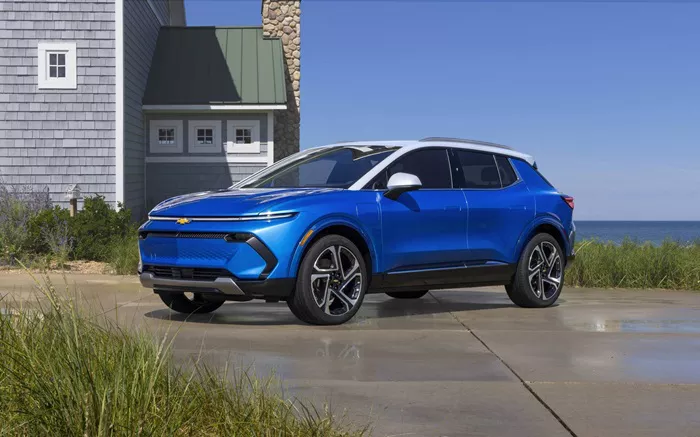China’s recent decision to limit exports of rare earth minerals could disrupt global electric vehicle (EV) production. The move appears to be a response to growing trade tensions, especially the rising import tariffs on Chinese goods in the United States and Europe. These tariffs target sectors like automobiles and auto parts.
China plays a dominant role in the rare earth market. It produces nearly 60% of the world’s rare earth minerals and processes around 90% of them. The country also controls the supply chain for seven key elements: dysprosium, gadolinium, lutetium, samarium, scandium, terbium and yttrium. Many of these minerals come from China and Myanmar. They are also among the hardest to refine.
Although rare earth elements are not rare in nature, China leads in refining them. The separation process is complex and often includes more than 100 steps. This technical edge allows China to supply almost all of the world’s neodymium, dysprosium and terbium. These three minerals are essential for making heat-resistant permanent magnets.
These minerals are used in many industries, such as aerospace, electronics, defense and clean energy. But their role is especially important in the EV sector. In EVs, neodymium, dysprosium and terbium are used mainly in permanent magnet motors. This makes them critical for EV production.
Rare earths are also used in battery-related technologies. While they are not part of the core lithium-ion battery chemistry, they help in battery management systems, thermal control and research on next-generation batteries like solid-state and sodium-ion batteries.
China’s new export restrictions may slow down EV production in the long run. In the short term, current stockpiles may prevent immediate disruptions. But if the curbs continue, they could cause delays in the production of all types of electric vehicles — from passenger cars to two-wheelers, three-wheelers and commercial vehicles. This situation could resemble the global chip shortage that followed the COVID-19 pandemic.
In response, major automakers like General Motors, Mercedes-Benz, BMW, Ford and Stellantis are developing new electric motors that use fewer or no rare earth minerals. Top suppliers such as BorgWarner and ZF are also working on similar solutions. However, these alternatives are still in development and not yet ready for mass production. Meanwhile, smaller electric motors in car parts like windows, wipers and sunroofs still depend on rare earths.
Because China controls almost 99% of the supply of heavy rare earths like neodymium, dysprosium and terbium, it remains extremely difficult for other countries to reduce their dependence on Chinese exports.

